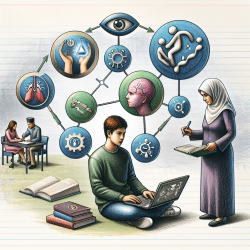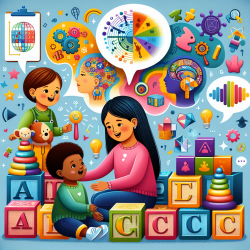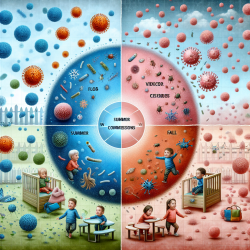The concept of physical literacy has gained significant attention in recent years as an essential component of children's overall development. Physical literacy encompasses movement competence, affective elements like enjoyment and motivation, and cognitive aspects such as confidence. The study titled "Outcomes and Feasibility of a 12-Week Physical Literacy Intervention for Children in an Afterschool Program" offers valuable insights into implementing effective interventions to improve these domains in children aged 7-13.
The Study's Framework
The research involved 90 children from eight afterschool programs, divided into experimental and control groups. The experimental group participated in a structured 12-week physical literacy program designed to enhance movement skills, motivation, and confidence through daily activities. Program leaders received training to effectively deliver the intervention, focusing on creating an inclusive environment that promotes self-efficacy and enjoyment.
Key Findings
- Affective Improvements: The intervention led to significant increases in children's enjoyment of physical activities and their confidence in program leaders' abilities (p < 0.05).
- Cognitive Gains: Participants reported higher relation-inferred self-efficacy (RISE) post-intervention, indicating improved perceptions of their leaders' confidence in their abilities.
- No Significant Motor Competence Changes: Despite improvements in affective domains, no significant differences were observed in motor competence between the experimental and control groups.
Challenges and Recommendations
The study highlighted several challenges faced during the intervention implementation:
- Equipment Availability: Limited access to necessary equipment hindered program delivery.
- Behavioral Issues: Program leaders reported difficulties managing children's behavior and engagement levels.
The findings suggest that while the intervention positively impacted cognitive and affective domains, further research is needed to explore methods for enhancing motor competence. Practitioners are encouraged to consider these challenges when designing similar programs and to advocate for comprehensive training and resources for program leaders.
The Path Forward
This study underscores the potential of physical literacy interventions in afterschool settings but also highlights the need for continued exploration. Practitioners should consider integrating multidisciplinary approaches that address both psychological and motor development theories to create more effective programs.










